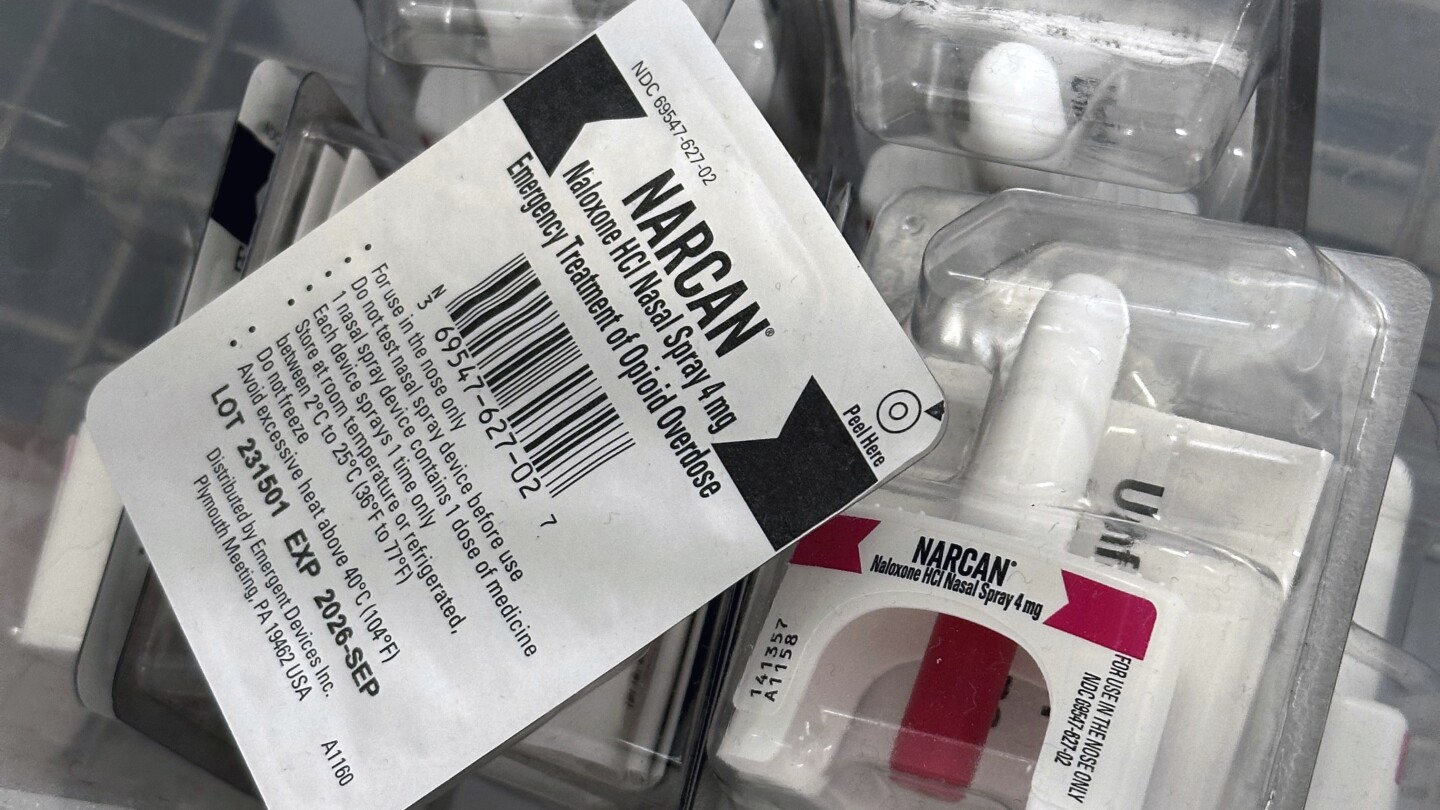Time: 2024-06-25
A new report in JAMA Internal Medicine highlights nonfatal prescription drug overdoses in Medicare beneficiaries. The data showed that about 17.4% of the 137,000 Medicare users had nonfatal overdoses in 2020, with 1% dying from overdoses the following year. Miriam E. Delphin-Rittmon, Assistant Secretary for Mental Health and Substance Use, emphasized the importance of receiving gold-standard care following an overdose. Medications for opioid use disorder, naloxone, and behavioral health supports were shown to significantly reduce the chances of dying from an overdose.

The study revealed that individuals who received methadone had a 58% reduced risk of dying from a subsequent lethal overdose, while those on buprenorphine had a 52% reduction, and with crisis intervention, the risk dropped by 75%. Although 89% of people received behavioral health services after a nonfatal overdose, gaps in care were still observed. Only a small percentage of overdose survivors received medications for opioid use disorder and naloxone, with significant delays in receiving these treatments.
The study also highlighted the challenges in treating drug overdose survivors, with many receiving opioid painkillers rather than addiction treatments. Only 6% filled prescriptions for naloxone, and within a year, 17% experienced a second nonfatal overdose. The health care system has struggled to connect individuals with life-saving medications after an overdose, which is a systemic issue. Lead author Capt. Christopher Jones emphasized the need for close monitoring of patients who continue to receive opioids post-overdose.
In 2020, Medicare expanded coverage to include methadone, one of the most effective medications for treating opioid addiction. However, coverage for residential addiction treatment is still lacking, highlighting the need to close this gap. Dr. Brian Hurley stressed the importance of overdose survivors receiving the necessary medications, counseling, and support to prevent future overdoses and fatalities. The study calls for improved access to high-quality care to save lives and reduce the impact of opioid use disorder in Medicare beneficiaries.